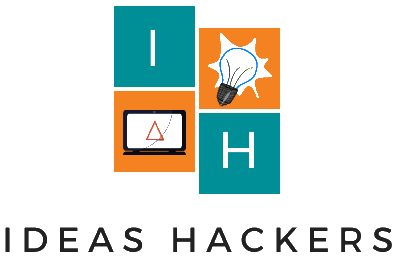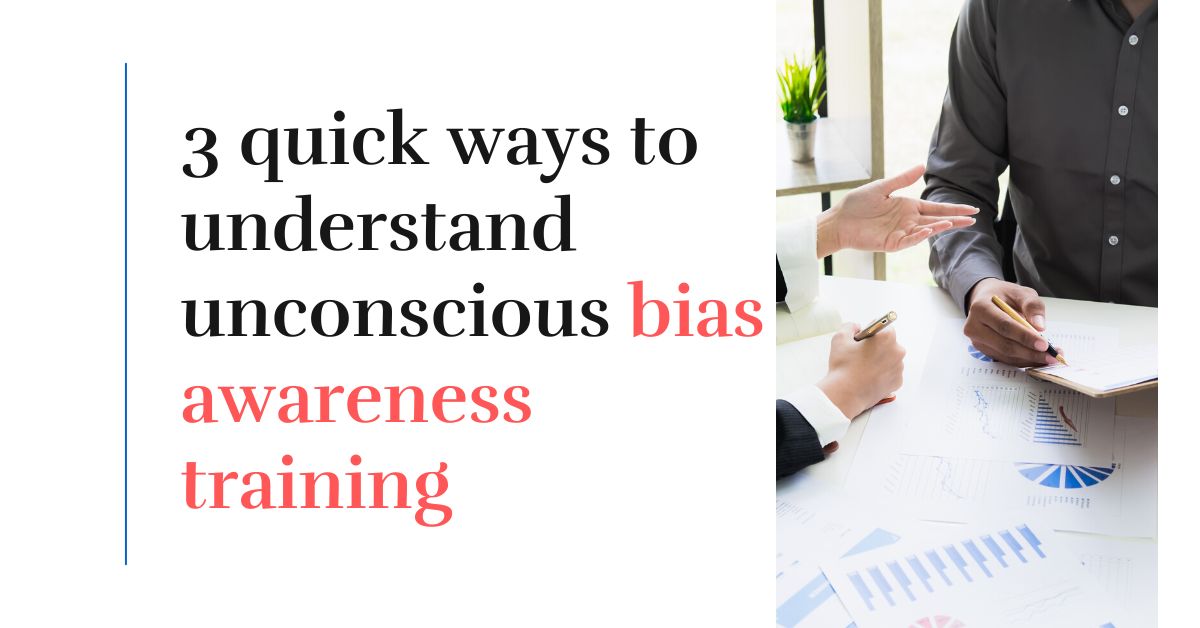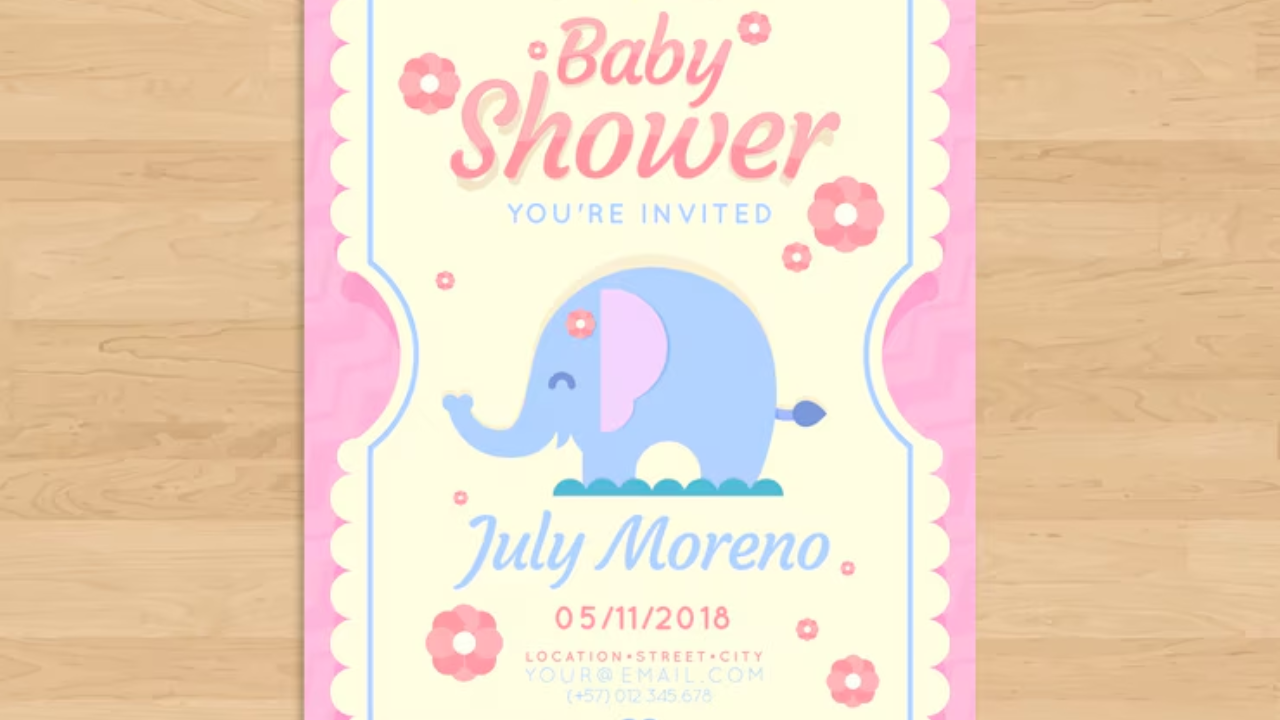We all love the familiar. It feels comfortable and safe. When we are dealing with the unknown, it is even more important to us to search for what is recognisable. The quicker the better. It provides a real sense of security. Plus, even today, having security still means survival, or at least in our minds, a good indicator of advantage. Our unconscious mind is our best friend when it comes to recognising the clues that signal what we know well and have come to depend on.
If we want to understand unconscious bias, we will need to get familiar with our more sophisticated primal nature as evolutionary beings. Unconscious bias awareness training will do exactly that. It will teach us the impact of our neuroscientific, psychological, and sociological underpinnings. But beyond this, most of us just want it spelt out in simple terms. This is so that we can get the better of any negative effects of unconscious bias that showed up as a limiting factor during online diversity training and workplace bullying training.
Let’s think about it this way:
1. Many of us who have had failed relationships know that we keep selecting the same sorts of people, who are invariably wrong for us, over and over again. We are hugely attracted to them immediately. Often at first sight and after very limited conversations. The connection is simply there. When we stand back and examine why this is the case, we soon realise we are often letting our autopilot take over. The decision-making process was more instinctual than analytical. Plus, chemical attraction aside, there simply was very little questioning of the real factual merits of the person in terms of suitability. Maybe when friends who have supported you through relationship meltdowns tell you to make a list next time, we should listen!
2. We all have heard the term ‘preconceived ideas’. Unconscious bias online training tackles the issue of how rigid our thinking and emotional and behavioural responses can be if we operate with low levels of awareness. Especially when we first meet people, we tend to put them in boxes, projecting characteristics onto them so that they fit our dominant stereotypes. This is why people are often surprised when the initial rejection of a person, at a later date, morphs into friendship or even romance. It is only when we really get to know someone through listening to them and trying to understand them that our opinions begin to shift and change. It’s not so mysterious. When more information is available about the other, it can revolutionise our perspectives. The lights come on dramatically the more attention we pay to the real detail.
3. Being on the lookout for unique authentic people is an active challenge to our implicit bias. If we want to be different or do different, we need to recognise and embrace differences. Leadership training associated with unconscious bias awareness training makes this very clear. Transforming our lives necessitates an active mental commitment to processing everything differently than before. Creating something new, or any kind of innovation for that matter, will never be realised if we simply go through the motions. Going through the motions is a sign that our unconscious is in charge. When we begin taking risks and seeking to give those a chance that we would never have before, we know we are starting to walk a healthier diversity and inclusion path.
Sometimes the greatest love affairs unfold when we go against our instincts and decide to take the road less travelled by us. When we catch ourselves taking the same old path as before, we need to remind ourselves that life holds the potential to be an adventure with much beauty in the unexpected. Let’s focus more on the conscious moments to urgently shift the unconscious towards our conscious choices and envisioned possibilities.







